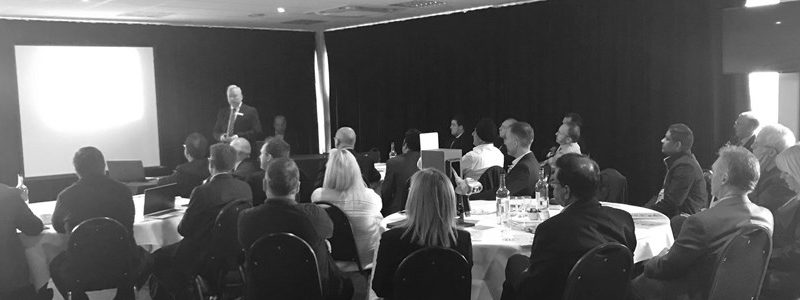HMRC signals closing time for Electronic Sales Suppression (ESS) in UK stores

Users of Electronic Sales Suppression have been put on notice by HM Revenue and Customs (HMRC) as it brings its new powers to bear on this form of tax evasion in the UK.
Electronic sales suppression (ESS) is known to be in use in the retail sector. It is a form of tax evasion where the business manipulates electronic sales records, either during or after the point of sale, to hide or reduce the value of individual transactions.
As Electronic Point of Sale (EPOS) systems have become more sophisticated the techniques of artificially hiding or reducing the value of individual transactions have become more diverse. Some EPOS system manufacturers and software designers have told HMRC that businesses openly ask for ESS functionality to be built into their till systems.
This concealed form of tax evasion reduces the recorded turnover of the business and as a result, their tax liabilities, whilst still providing what appears to be a credible set of records.
Tax evasion not only results in a loss of money for public services, but it also gives non-compliant businesses an unfair market advantage over their competitors who pay what they owe.
First announced in Spring Budget 2021, HMRC now has new powers to tackle ESS and penalise those who evade in this way. These powers came into effect in February 2022 and mean that HMRC can take stronger action against anyone found to be making, supplying or promoting ESS software and hardware, and businesses in possession of it.
The clock is ticking for anyone in retail who might utilise ESS software and hardware, as well as manufacturers of EPOS systems who create and sell ESS features. This equates to involvement in tax fraud, and is an offence committed when a person is knowingly concerned in the fraudulent evasion of tax or duty, by themselves or another person. This applies even if an individual gains nothing from their deliberate conduct.
HMRC has already begun to take action and on 18 May 2022, about 30 businesses across 9 counties, including some independent retailers were visited in a coordinated day of action against ESS.
On the same day, two men and a woman were arrested on suspicion of fraud offences and cheating the revenue in Nottinghamshire, as part of a criminal investigation into the alleged supply of ESS software. The suspects have been released under investigation.
This is only the first day of such action and further days are likely.
HMRC is urging anyone who has knowingly been involved to consider limiting their potential liabilities by contacting HMRC and asking to use the Contractual Disclosure Facility (CDF).
You can ask HMRC to consider you for a CDF contract by filling in the contractual disclosure form, CDF1. You can use the CDF if you have deliberate behaviour to disclose which has led to a loss in any of the taxes, duties and payments administered by HMRC. You can disclose your deliberate behaviour in whatever capacity you have acted. If you make a complete, open and honest disclosure of all your deliberate behaviour, HMRC will not open a criminal investigation into your disclosure.
The legislation has built-in safeguards to protect any business, which may unknowingly possess ESS software, from penalties. If HMRC has reason to believe a business possesses ESS software, the first time this happens, the business is given a 30-day grace period to remove the software in order to avoid a penalty for possession. Businesses also have the right to appeal against penalties.
You can find out more about the CDF on GOV.UK.
For those who suspect tax fraud or avoidance by others, information on how to report a person or business can be found on GOV.UK.








